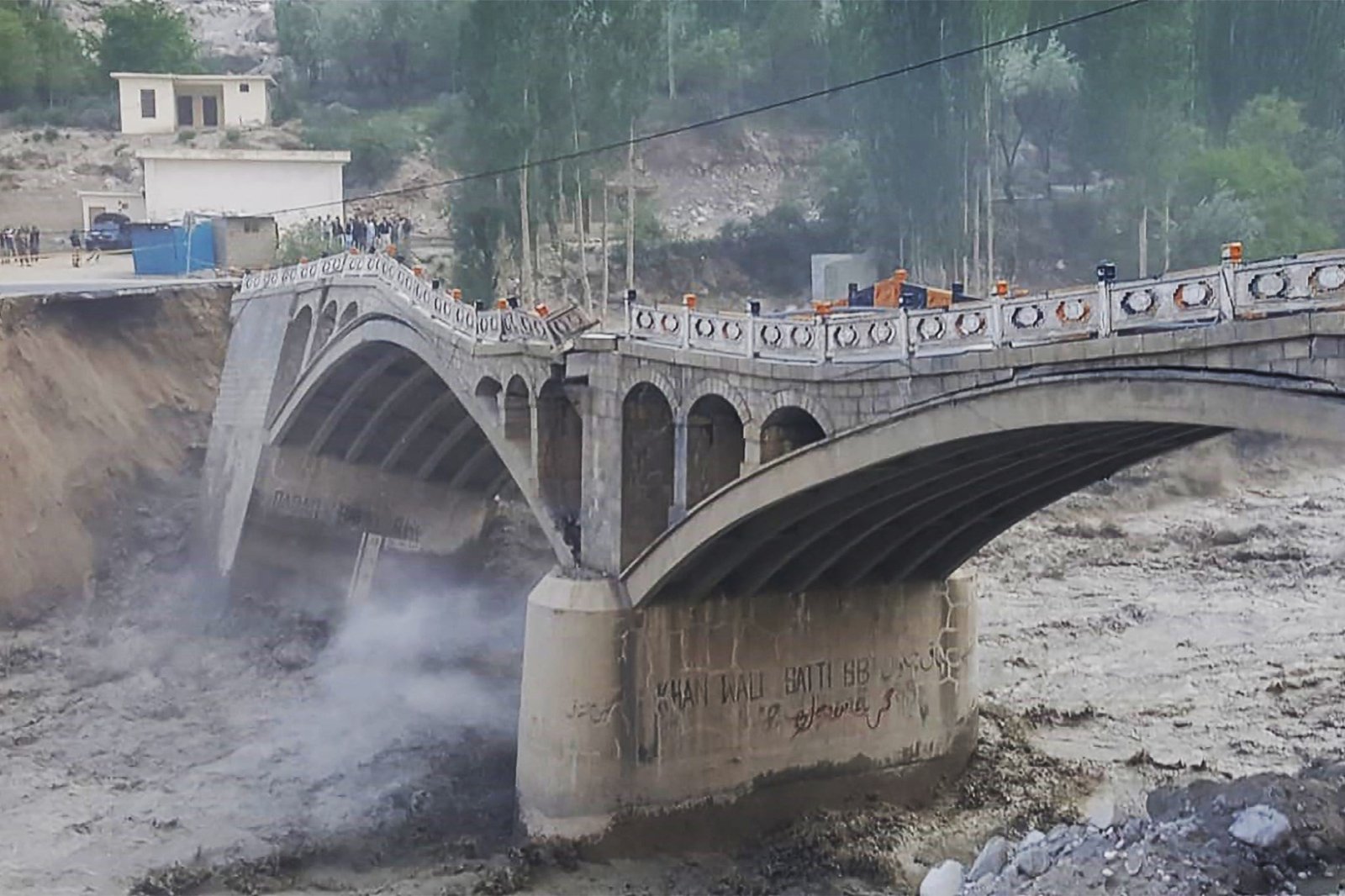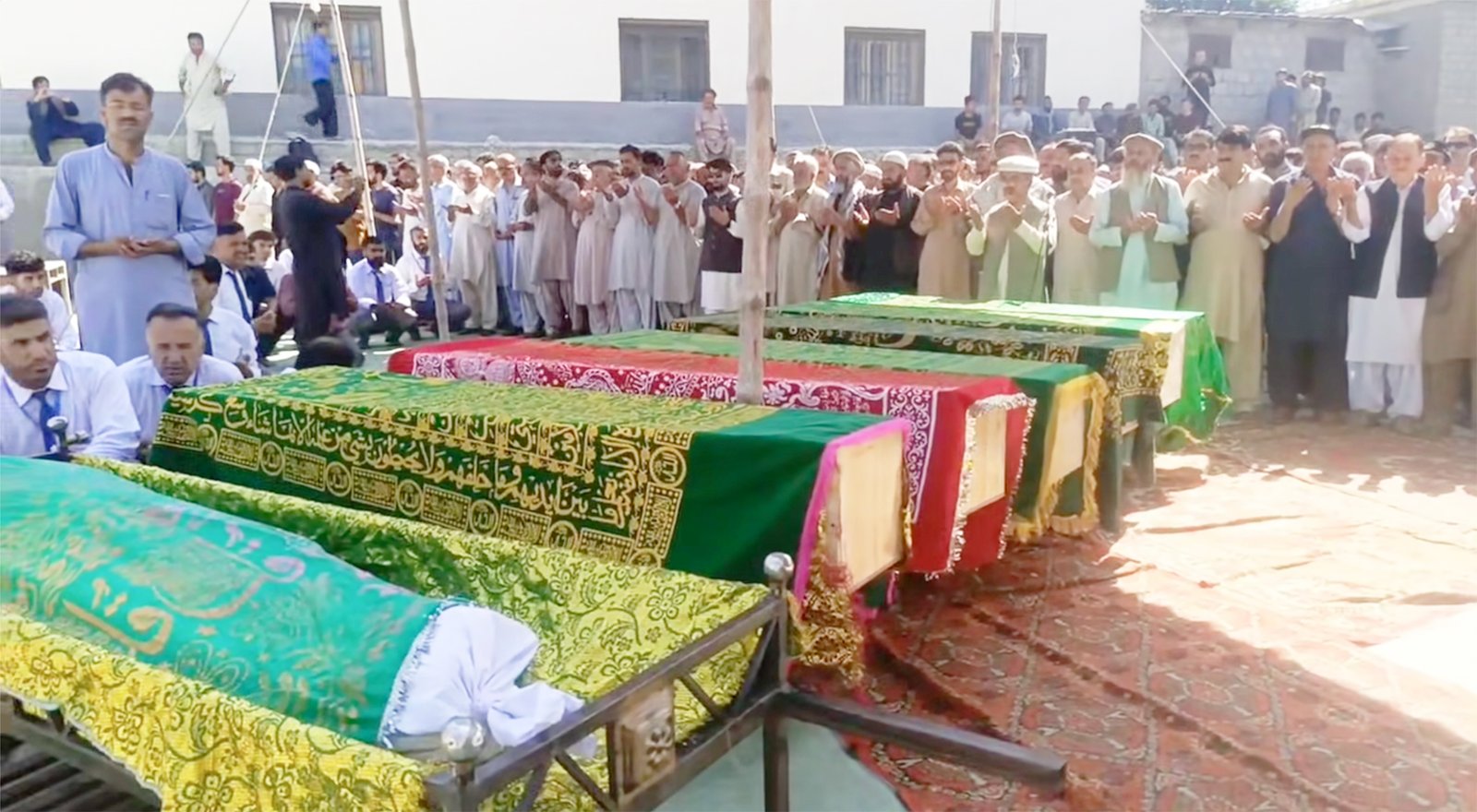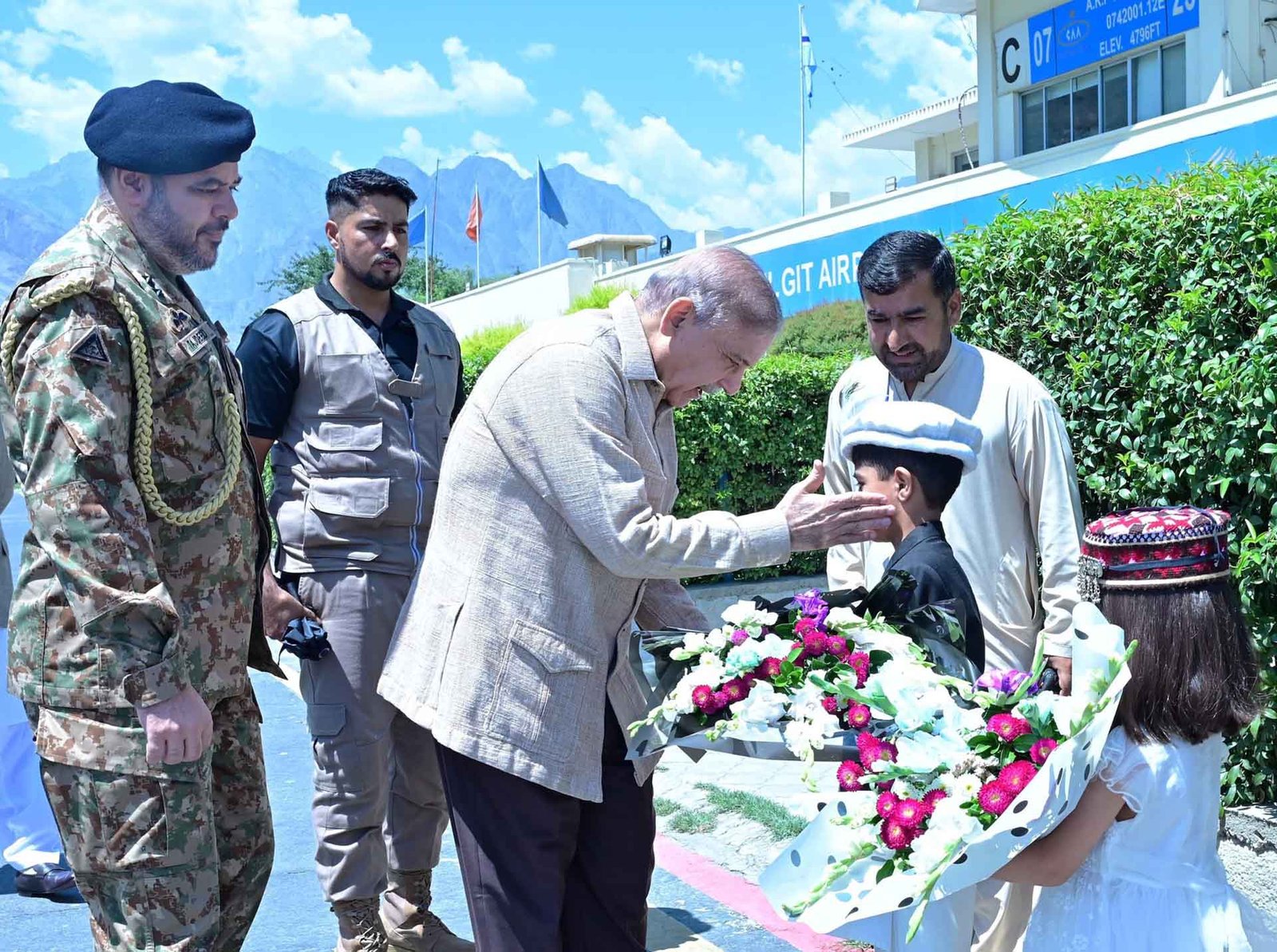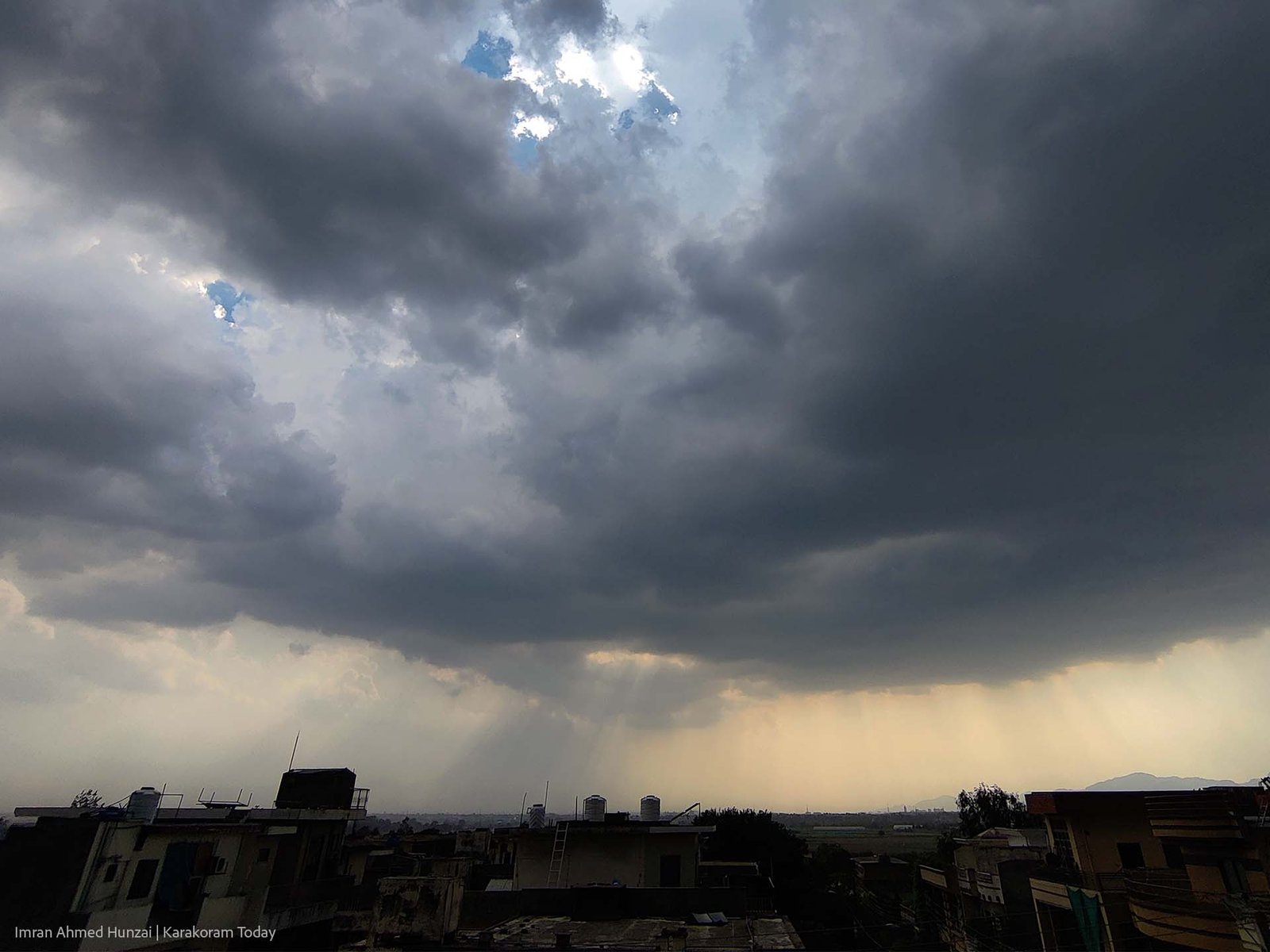Flash floods triggered by record-breaking rainfall in July have caused severe destruction across multiple districts of Gilgit-Baltistan. Torrential downpours over the past weeks led to powerful water surges that swept away hundreds of homes, collapsed bridges, and blocked key highways, cutting off entire villages from access to emergency aid and basic supplies.
According to initial assessments shared by disaster management authorities, at least ten people have died and several others have been injured in incidents related to flooding and landslides. The worst-affected districts include Diamer, Ghizer, Skardu, and Astore, where both government and local communities are struggling to cope with the scale of damage. Over 300 houses have been completely destroyed while nearly 200 more have been partially damaged, leaving hundreds of families displaced.
In addition to residential areas, major infrastructure has taken a serious hit. Sections of the Karakoram Highway and Skardu Road have been blocked by landslides or washed away by overflowing rivers. Temporary wooden bridges and narrow valley roads, which many remote communities rely on, have also been destroyed, further delaying rescue operations and delivery of relief goods.
The Pakistan Army and local government have launched rescue and relief operations using helicopters, boats, and ground teams. However, difficult terrain and ongoing rain in some areas are slowing down progress. Temporary shelters, food supplies, and medical aid are being sent to affected villages, but officials have admitted that the need is much higher than what is currently available.
This year’s floods are among the worst the region has seen in recent times. Experts say that the impact of climate change is clearly visible in the form of increased glacier melting, frequent cloudbursts, and unpredictable monsoon patterns. Environmental organizations and local voices have stressed the need for better disaster preparedness, especially early warning systems, improved drainage planning, and stronger riverbank protections.
The Prime Minister of Pakistan visited Gilgit-Baltistan earlier this week to review the situation. A relief fund of Rs 4 billion was announced for the region to support damage assessment, infrastructure mapping, and rebuilding. Compensation cheques have already been handed to some affected families, and more aid is expected in the coming days.
While relief efforts continue, the people of Gilgit-Baltistan are showing resilience as they begin the long process of recovering from yet another natural disaster. Many have stepped forward to support their neighbors, offering food, shelter, and manpower to rebuild homes and clear debris. Yet, with weather patterns becoming more dangerous each year, long-term planning and investment in climate-resilient infrastructure have become more urgent than ever.
Discover more from Karakoram Today
Subscribe to get the latest posts sent to your email.



